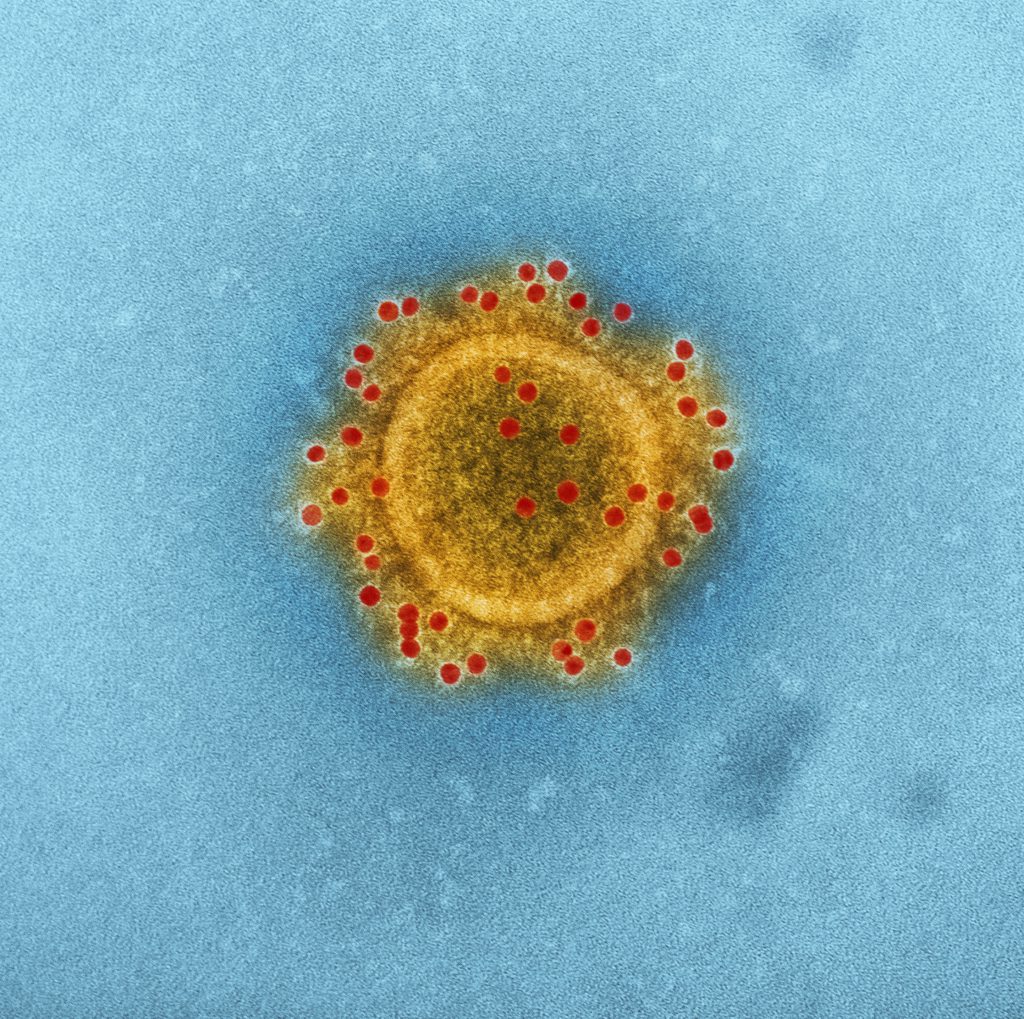Address
Dhaka-1210
Address
Dhaka-1210
The coronavirus effects the lungs. Usually begins with a dry cough with fever. Fever and cough are felt at a week’s time. When these symptoms occur, the patient needs to be taken to the hospital.
According to the World Health Organization, it may take up to 7 days for the person to be exposed to the virus. This is called the incubation period. That is, the virus may remain dormant in the person’s body until the patient’s symptoms are revealed.
Fever, cough, and shortness of breath are the main symptoms of coronavirus effects. Since there is no cure or antidote to coronary virus infection, caution is the only way to prevent the virus from being infected.


Colds and throat pain are respiratory infections As a result, those with colds and sore throats can be considered as having a common cold or flu. In the beginning, many are not given any symptoms
After getting infected with the coronavirus effects, initially, no symptoms are seen in the body According to data released by the German government’s Disease Control and Prevention Institute, Robert Kখkh-Institute, the incubation period for the new virus is occurring for seven days.
If you are not sure what happened after feeling ill, then you must seek refuge in a doctor will be able to confirm exactly what happened to you after your cuff examination


The infection begins with a fever, followed by a dry cough. About a week later the breathing began. Many patients have to be admitted to the hospital for treatment. At least one in every four is considered to be in critical condition. Patients with the coronary virus can experience all the symptoms, ranging from mild to cold.
So far no anti-Corona virus antidote has been discovered. However, tests are underway to discover the vaccine. It is expected that by the end of this year, the vaccine could be applied to the human body experimentally. The only way to prevent this disease is to not allow the virus to spread to others.
Not really The current coronary virus spreads through the ‘droplets’ that come out of the body of an infected person through a runny nose and cough. As a result, the best way to stay safe is to stay at a safe distance from those who are infected or possibly infected It is very important to wash hands regularly with soap and hot water to prevent infection Not only that, it is best to use a ‘disposable towel’ to wipe it after hand washing.
Another thing is, most of the cold or flu is caused by the virus As a result, the use of antibiotics to fight them is useless Antibiotics only work to prevent bacteria, not viruses
Antibiotics are used only when bacteria enter their body and increase in number, with the chance of weakening the immune system in one’s body. And thus infection can occur which can cause permanent damage to the body part of the affected person Pneumonia, tonsillitis, cystitis or meningitis are most often caused by bacterial infections. Therefore, antibiotics are needed to fight those diseases